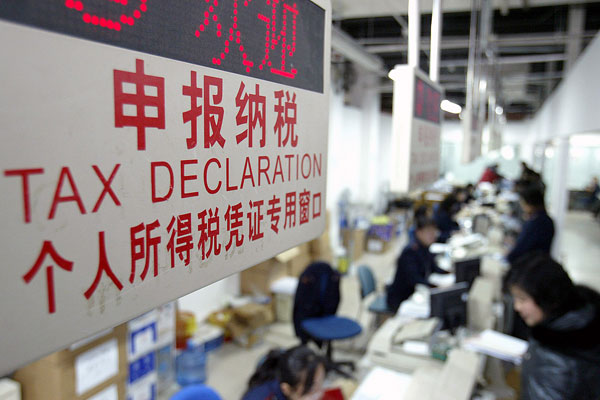Tax cuts for China’s private pension scheme likely to lure participants as financial institutions vie for market share
Tax on withdrawal of funds is down to 3 per cent from 7.5 per cent, a move likely to drive participation according to analysts
However, the new tax rates may have little immediate impact given the relatively small size of the taxpayer population
New favourable tax policies will encourage more people to participate in China’s forthcoming private pension scheme, analysts said, as Beijing strives to ease the financial strain of a rapidly ageing population.
The tax cuts, announced last week, may also entice financial institutions to improve their products and services.
China is granting tax benefits to citizens who participate in the retirement scheme, the scope of which was expanded in April to allow individuals to set up their own private pension accounts and voluntarily choose what products to invest in.
Tax on investment returns from private pension accounts will be exempt at first, though no specific time frame has been provided. The tax payable on withdrawal of pension funds has been lowered to 3 per cent – the same as the country’s lowest income tax rate – from the original 7.5 per cent, the official Xinhua news agency said last Tuesday, citing a State Council meeting led by Premier Li Keqiang.
The government has not yet announced when a pilot programme for the private pension scheme will run, but banks are already preparing to set up the accounts.
The long-awaited preferential tax policies, regarded as a major tool for attracting people to enrol in the voluntary programme, should serve as a boost to a segment predicted by McKinsey & Company to be worth 10 trillion yuan (US$1.4 trillion) by 2030. Seen as providing long-term liquidity to the financial markets, pension funds drawn from individual private accounts are widely watched by financial institutions looking to cash in on future opportunities.
The tax cut is seen as a strong show of government support for the development of the private retirement scheme, dubbed the third pillar of China’s pension infrastructure, alongside the compulsory state pension and voluntary additional contributions by state-owned entities, companies and their workers.
“The actual tax burdens will significantly drop, and this should attract different income groups to the private pension accounts,” said Wang Fangchao, chief analyst of the nonbank financial sector at Cinda Securities.
Read More @SCMP
328 views










